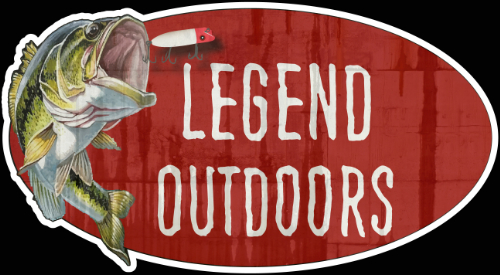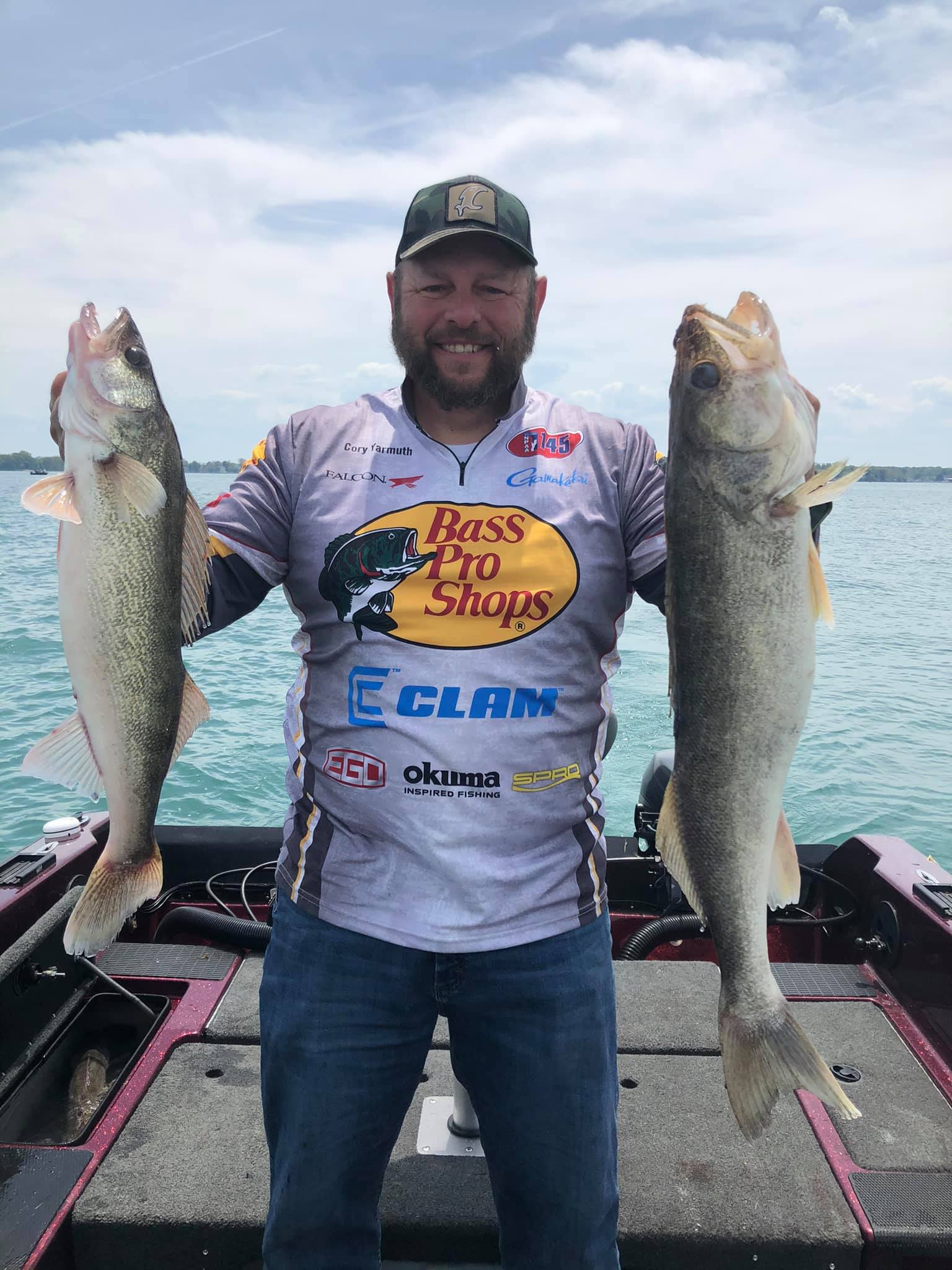It’s Fall and soon many people exchange their fishing rods for their bows or guns. Hunting season is starting and many sportsmen switch their interest to the pursuit of a different game. When this comes about, often their fishing equipment comes second on their list of items to care for.
It is time to winterize your boat and Outboard to get it ready for that long winters rest. Some boat owners may store their boat all winter or others will want to use it thru the fall for a duck hunt or chasing some smallies and walleyes. Even though the boat may be used during this period, you will still want to protect it when it is not being used. The following are practices you may want to follow for those periods.
- Drain and replace the lower unit oil in the engine. You may have good seals; however there is always a chance that some water may have gotten into your oil and this will cause corrosion and in worst cases crack the housing. If you are like me and use your boat all fall and winter long, you will want to check the lower unit oil after each trip. When your lower unit heats up the seals will expand, however with the cold water the seals will shrink much quicker than normal and could “draw” in moisture. Doing a quick check is easy. Just remove the lower plug and let the unit “burp” out a little oil. Since oil will float and water will sink, if there is any water this will come out first. Follow your mfgs recommendations for the type of lower unit oil to use. Always replace the plug screws sealing gaskets when you change your oil as well.
- Check the batteries for proper amount of water in them. If they are low use Distilled Water, not tap water. This may be a non-issue if you own some of the newer “gel cell” batteries. If the batteries are good, make sure you give them a full charge. If the boat is to be stowed for long periods of time then occasionally put a trickle charger on the batteries to keep them from discharging and causing the plates to fail prematurely.
- Add a fuel stabilizer to your gas tank and run the motor for a short time to get some of the treated fuel up into the engine This will not affect the operation of the motor if you decide to take it out in the winter, however if you do take it out and add fuel make sure you also add more stabilizers. You want to make sure the gas is treated so that you will not build up moisture in the tank, lines, or engine. This will also prevent the build-up of varnish in the filter and bowl of many engines.
- As with any winterizing, you will want to fog the engine prior to storage and after any use. Carry a can with you on your outing and when you are done for the day, prior to putting the boat on the trailer, open the cowl of the engine and spray a good amount of fogging oil into the motor. If you plan on storing for a long period, it is recommended that your remove your plugs and spray into the cylinders so they are protected as well. Check the plugs when you do this and if they are fouled this is a good time to replace them.
- If you plan on using your boat during the winter it is a good practice when you get off the water to completely drain the motor by leaving it in the down position as long as you can. There are some different schools of thought on water in the engine, but what I have seen in the past works well and that is to crank the engine a couple short cranks without starting it. This will push most of the remaining water out of the engine. (note: all engines are different so please follow your Mfg recommendations)
- Make sure all the live wells and bilge area are free of standing water. This water will freeze pretty quickly. If the boat is going to be stored for a long period, use RV antifreeze in the lines. This is biodegradable and will keep the lines from freezing.
- Lubricate any fittings that may need it. The shaft of the motor, the steering assembly, etc. This will keep them all in good working order and it will push any water out that may have collected in these areas.
These are a few of the major items to pay attention to on your boat, but what about that thing that it rides on? Yes, the trailer. Since you are already working on the boat you may as well maintain the trailer. There are several shops in the area that will do a bearing service for you or you can do it yourself. Either way I recommend that each fall that you have the bearings removed, cleaned or replaced and new oil seals put on so that way any water that may have been trapped in the hubs will be removed and you will be able to prevent a future “break-down” while traveling to your next fishing or hunting spot.
When using the trailer in the winter you will want to make sure your lights are in good working order and are sealed. Also when launching a boat after traveling for a good distance, the hubs will be warm and if submersed in the chilly water of the fall and winter the seals will shrink quickly and draw water in. I would recommend that after each launch grease is pumped into the bearings, thus pushing any water out that might have been introduced during the trip. If you notice a large amount of water, remove the bearing protectors and inspect the bearings. You may have a problem with your seals and this is a good time to fix this problem.
Other items in the boat to check out would include lifejackets, fire extinguishers, and other safety devices. Replace any PFDs that are worn and are questionable. Check the dates on your flares and fire extinguishers and replace if necessary. Clean out any food items that you may have stored on the boat as the critters will soon find them and turn your seat cushions into a new home.
I have briefly scratched the surface of some items that will help keep your equipment in good working order. The time spent off the water will greatly increase your enjoyment on the water. Follow some of these steps and your equipment and you will be ready to go when your next fishing opportunity arises.

